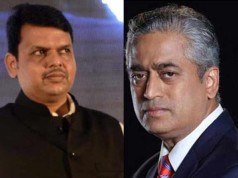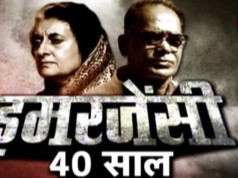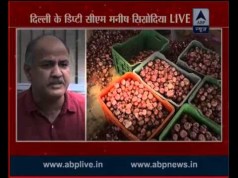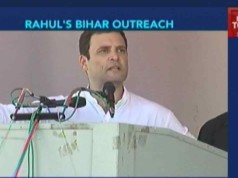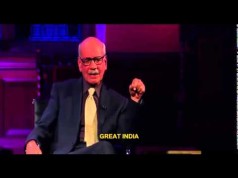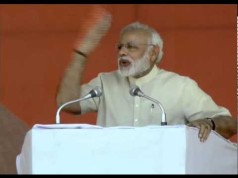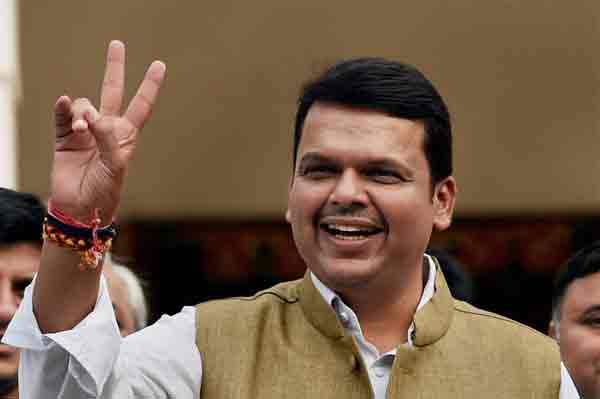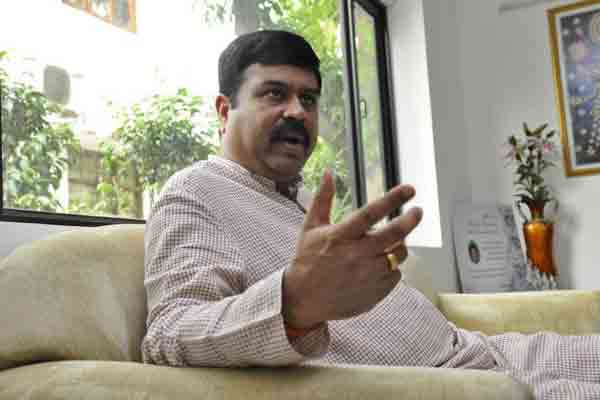
China has, meanwhile, stepped up efforts to secure crude oil cargoes in the spot market. In an interview, Pradhan spoke about how to carry forward the momentum of reforms in the oil sector, having deregulated diesel prices and arrived at a new formula for gas pricing.
Edited excerpts: You have decontrolled diesel prices at a time when crude oil prices are on a downswing. If the prices increase, is there a trigger price point wherein the government will intervene to protect consumers?
Pradhan: Our government wants to continue the momentum of reforms. It’s not that we are content and satisfied after taking two-three steps. This momentum has to be carried forward. When we decided to market-link the diesel prices, we decided upon it after giving it a lot of thought.
The primary question was whether we should pass on the benefits of this price fall to the consumers. We have passed on the benefits. If we don’t honestly fulfil the pro-investment pre-conditions to broad-base the market and to bring in investments, and if this honesty is not reflected in the market, it will be said that this is skewed. So we made it market-linked in the right way. This market will expand. Crude oil price is the major factor in determining the petroleum product prices.
Simultaneously, refinery margin is also an important factor of the price mechanism. Indian government-owned public sector refineries have been useful in meeting our primary requirements such as petrol, diesel, kerosene, aviation turbine fuel and liquified petroleum gas. Today, the world has the technology. Earlier the oil-producing countries were limited in number. There were limited options. The market has diversified now. To benefit from this, Indian PSUs (public sector undertakings; state owned companies) who have a large market base have this challenge of improving their gross refining margin (GRM).
Haven’t they been facing this problem for a long time?
Pradhan: They are working. I am hopeful. The technology has provided us with an answer. Moreover, this kind of a market-linked economy will help their financial health. If the private sector is able to do it then why shouldn’t the public sector be able to do so? Multi utility of the last molecule of the hydrocarbon is our policy.
Do you believe that inefficiencies in the system has resulted in their low GRMs?
Pradhan: Let me quote an inspiring line from my prime minister (Narendra Modi). I am a strong believer of my prime minister’s view point that the glass is full. So, I am an optimistic person, a positive person. This is the philosophy of my governance. This is my prime minister’s vision. I count all my PSUs as full of good people They have done a commendable job and they have to perform according to the need of the changing market. Till now, they have been a monopoly, which has its own limitations. They have to shed their monopolistic approach.


